Ductless Mini-Split vs Central AC: What You Need to Know
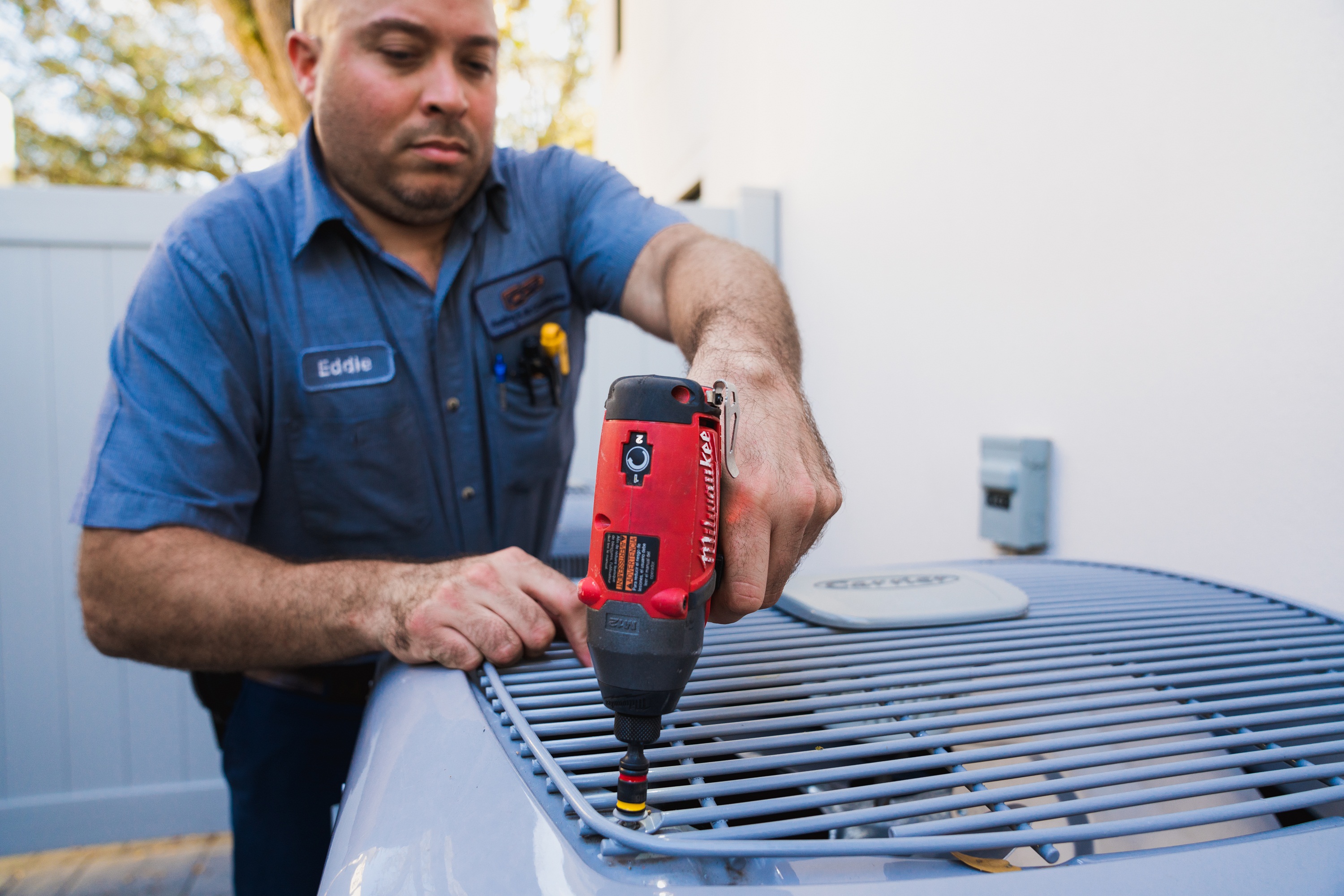
Turning Off the Heat After Winter: 5 Key Steps to Take
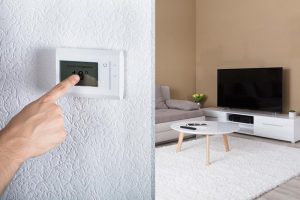
Here are five crucial tasks that to take care of when turning off your heat this spring.
1. Change Your Filters
Your furnace filter needs to be changed at least once every 90 days. In fact, you may need to change it once a month if someone in your home has allergies, asthma and/or other respiratory problems. Pet owners also need to change their filters more often than the average household. Dirty filters don’t only pollute the air inside the home, but they can also cause dust to settle in your ductwork.
2. Check the Thermostat
The thermostat switch should be set to auto rather than on. If you leave it on, your HVAC system’s blower will keep running even though the furnace is off. This setting not only wastes energy blowing air that has not been cooled or heated, but it can raise the humidity level in your home as well for the same reasons–the air you are circulating has not been cooled or heated.
3. Turn Off the Gas
If your furnace is an older model that has a standing pilot light, be sure to turn off the gas so that it is not used up by a pilot light that does not really need to be on at this time of the year.
4. Check Your Carbon Monoxide Detectors
Furnaces are one of the leading causes of carbon monoxide poisoning. To avoid the dangers of being exposed to potentially deadly carbon monoxide in your home, it is imperative to have a good carbon monoxide detector installed near your furnace. Because you probably won’t take a close look at your furnace again until you turn it on next winter, check your carbon monoxide detector while turning off the heat to make sure it is in good working order.
5. Have the Furnace Serviced
Most heating and cooling companies advise consumers to have the furnace serviced during the fall, right before you turn it on for the winter. However, the truth is that it can actually be hard to get quick service at the same time everyone else is calling local furnace companies for an annual tune-up. Have your system carefully checked and cleaned well in advance to avoid the last-minute rush of finding a contractor who can provide the service you need at a time that is convenient for you.
At Cox Heating & Air Conditioning, we have been in the heating and cooling business for well over half a century. We offer a variety of services and new products for homeowners who want to upgrade to a new furnace or HVAC unit. Contact us today for expert advice and service from one of the company’s many NATE-certified technicians.
Find Out Why a Heat Pump May Be Right for You
With Florida’s milder winters, you may be wondering if a heat pump is the right choice for your home. In relatively moderate climates, heat pumps provide both cooling and warming capabilities, and can be a cost-efficient option for your family.
According to the U.S. Department of Energy, an air-source pump can deliver one-and-a-half to three times more heat energy to a home than the electrical energy it consumes, if it is installed properly by a reputable, highly trained service provider.
A heat pump can be a great option for keeping your Florida home warm during the winter. It’s important to choose the best system to keep your family comfortable and to work with a professional to ensure the system will work at its highest level.
How Heat Pumps Work
Using a compressor, coils and aluminum fins, heat pumps transfer heat, instead of generating it. They provide warmth using a liquid refrigerant to extract heat from the outside air, turning it into a gas. Indoor coils release heat from the refrigerant as it condenses back into a liquid.
Benefits of Heat Pumps
There are several reasons a heat pump could be the right option for your home, including:
- Improved air quality: Circulated air is purified, removing dust, smoke and mold.
- Dual usage: Not only will a heat pump keep your home warm, but it can be used in summer as well for cooling.
- Eco-friendly: Since heat pumps don’t burn at the source, there are no carbon emissions.
- Convenience: You can warm up your home fast, with just the touch of a button.
Long-Term Satisfaction with Your Heat Pump
First, be sure you’re working with a qualified, experienced HVAC professional when choosing to install a heat pump, because proper installation can reduce the likelihood of problems later. For example, fans and compressors emit a certain amount of noise, so you don’t want to install them right under a window. Mounting the unit on a noise-absorbing base can also keep things quiet. You also want to make sure your unit is protected from the wind to avoid defrosting problems with the coils. And if your area is prone to flooding, the outside unit may need to be installed on a raised platform.
Heat pumps are a rapidly growing source of energy, especially in Florida. According to the U.S. Energy Information Administration, more than 9 million households in the Southeast are using heat pumps, so it is important to work with a dedicated service provider who makes the process of buying and installing a system easy.
How Your AC Can Help the Asthma Sufferer in Your Home
Air conditioning can make hot weather bearable for asthma sufferers. Reduced humidity, lower levels of allergens and easy-to-breathe, cool air indoors are some of the benefits of an efficient AC system for people living with this chronic condition. If you or a member of your family experiences asthma-related symptoms, check that your AC system is working well and your indoor air is the best quality it can be.
Cooling Down
When temperatures rise outdoors, a cool home environment is pleasant and, what’s more, the air is easier to breathe. AC systems provide a comfortable home environment that reduces the risk of asthma-related wheezing or coughing. Set your AC unit to around 75 degrees Fahrenheit during the day, and have it serviced regularly so that it’s always working efficiently.
Excluding Allergens
Turning on the air conditioning means closing windows and doors to keep the cool air inside. As a result, the amount of pollen, dust and other allergens that would otherwise drift indoors and contaminate the home environment is reduced.
Dehumidifying
Humidity levels often rise along with temperatures, which spells trouble for asthma sufferers. Humid air encourages the growth of dust mites and mold spores that can trigger an attack, but running your air conditioning lowers the moisture level in the indoor air and makes it more difficult for pathogens to thrive.
Filtering
Air conditioning systems can filter allergens that pose a risk to asthma sufferers. However, not all air conditioning systems include the correct air filters. A filter rated 11 to 13 on the MERV (minimum efficiency reporting value) scale removes pet allergens, mold spores and pollen. The filter must fit correctly with no gaps to be effective. Disposable filters work best, but they must be replaced at least every three months.
Which Setting on Your HVAC Fan is Right for Your Home?
Thermostats have been around forever, yet some folks don’t know whether or not to have the HVAC fan continue running after the home has reached its target temperature or not. It’s a choice between “on” and “auto.” Auto means the fan will automatically work only when the air is being cooled or heated. The fan stops once the set temperature is reached. On the flip side, on means that it works 24/7, even after the set temperature has been achieved. So, which setting is right for you?
Why You’ll Love the Carrier Infinity Series
At Cox, we believe that giving you the tools you need to live comfortably for less is important. With the focus on sustainable living, many of our customers have been asking about HVAC options that provide great comfort with green benefits. 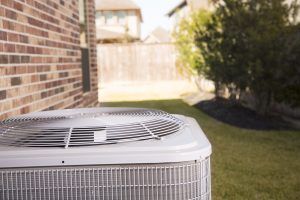
How Can Replacing the Windows In Your Home Save Money?
If you regularly bump up the thermostat to compensate for drafts, you may benefit from upgrading your home with modern windows. Even if you cannot feel a draft flowing into your home, the windows ma
What Happens If You Skip HVAC Maintenance?
When your HVAC equipment is silently chugging away without a problem, it is tempting to leave routine maintenance to the wayside. Unfortunately, that approach can end up costing you dearly in the long run. Proper completion of maintenance tasks keeps your heating and air conditioning equipment running smoothly and efficiently with nary a problem in sight. If maintenance remains a low priority, however, you will likely encounter one, or all, of the four following problems.
Save Energy at Home With These 5 Tips
Energy for heating and cooling your home is often the biggest portion of your monthly utility bill, so saving energy helps you save money. But what kind of actions will give you the best benefit in terms of utility savings in HVAC services? Here are five great tips to help you save energy in your home this year.
HVAC Terminology Everyone Should Know
Let’s face it — people in technical fields tend to use jargon that may or may not make sense to the average Joe, but when it comes to your HVAC system, there are a few terms that will help you better understand any issues with your system, or how efficiently it’s running. Here is a quick selection of HVAC terms that everyone needs to know:



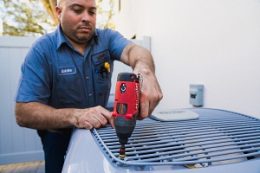
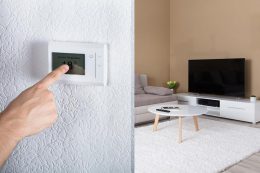
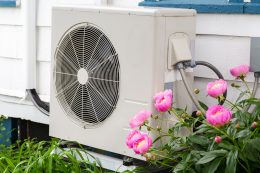
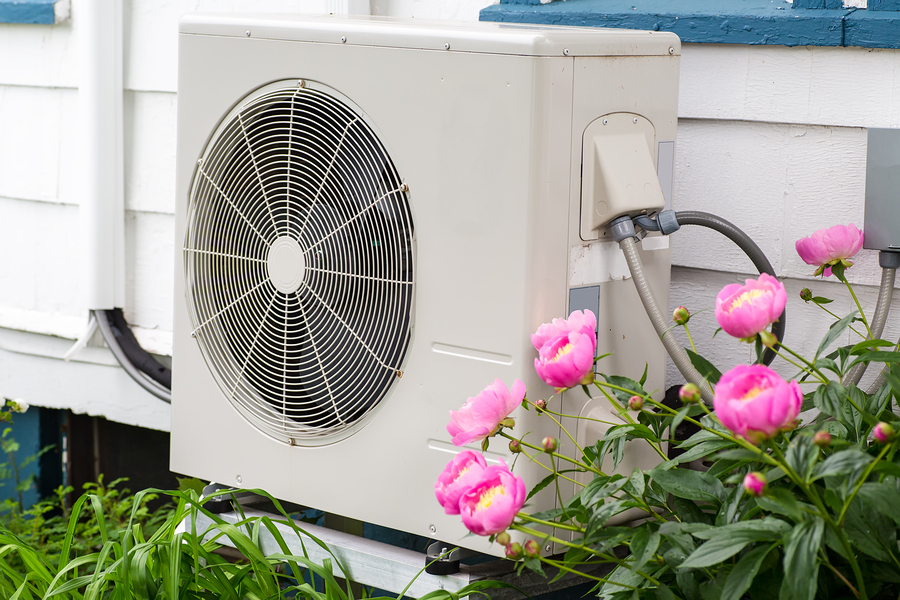


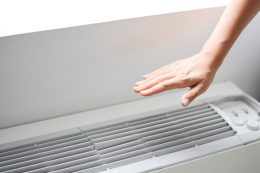
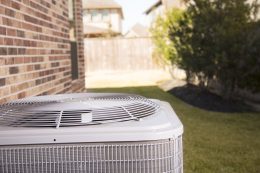

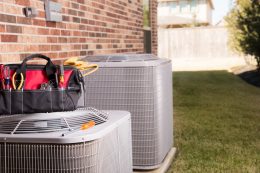

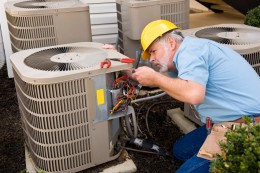

Recent Comments